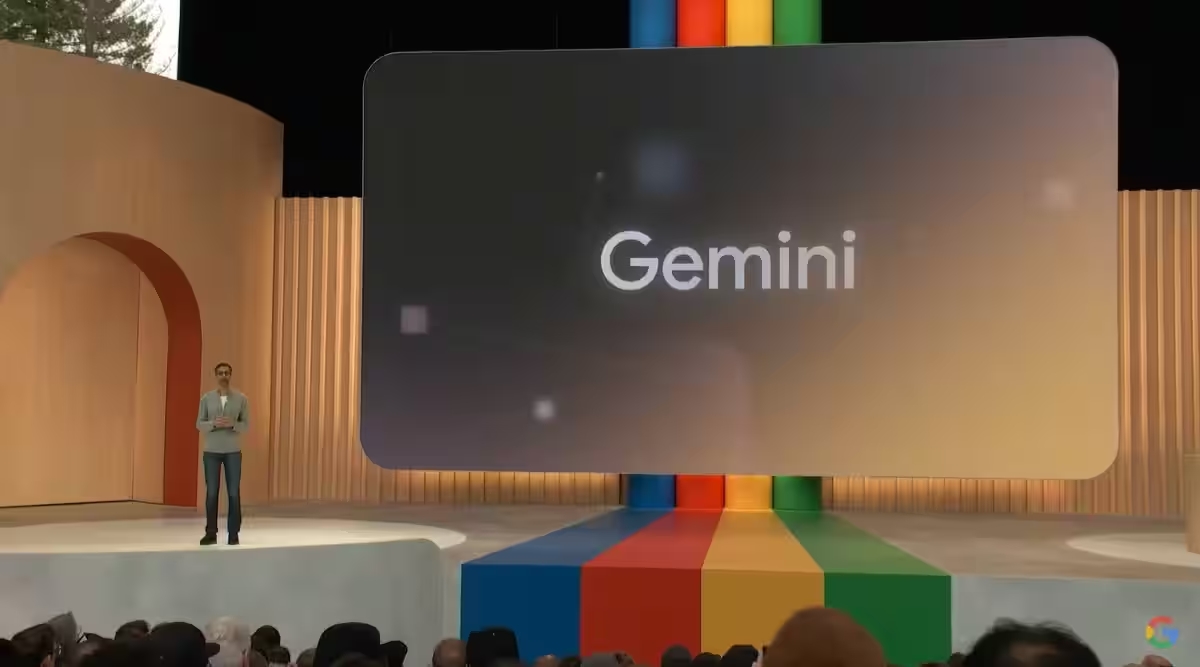Google has been working on an exciting new AI project called Gemini that could revolutionize how we search for and interact with information online. In this post, we’ll dive into what exactly Gemini is, what makes it different from other AI systems like ChatGPT, and when it might be released to the public.
What is Gemini?
Gemini is Google’s internal name for a next-generation conversational AI system that the company has been developing over the past couple of years. It’s meant to power more natural dialogue abilities in Google’s products and services, from Search to Maps to its Assistant.
While Gemini draws inspiration from public AI systems like OpenAI’s ChatGPT that have burst onto the scene recently, Google engineers have said Gemini is a distinct project with its own unique capabilities. Some key things that set Gemini apart:
– It’s designed specifically for search
While ChatGPT is a broad conversational AI trained in dialogue, Gemini is focused on understanding queries and returning relevant information. It aims to have a deep knowledge of the real world to better answer questions.
– It incorporates Google’s existing knowledge graph
Gemini can tap into the vast amounts of data Google has accumulated over 20+ years of search, including entity relationships, knowledge panels, and more. This allows it to provide more accurate, up-to-date information.
– It’s optimized for multi-turn conversations
You can have a back-and-forth dialogue with Gemini to refine and clarify what information you’re seeking. This makes the search feel more natural.
– It explains its answers
Gemini aims not just to provide information, but to cite sources and explain the reasoning behind its responses. This builds trust and transparency.
In essence, Gemini represents a major evolution of Google’s search technology that inches closer to realizing the long-standing dream of having an AI assistant that can engage in helpful, human-like conversations.
Read More- 15+ SEO Writing Prompts to Master Content Creation with ChatGPT
Why is Google developing Gemini?
There are a few key reasons Google is investing heavily in conversational AI like Gemini:
– Staying competitive
The runaway success of ChatGPT made it clear that advanced conversational AI is the future. Google needs to maintain its edge in search-focused AI. Falling behind risks losing users.
– Improving core products
Integrating conversational abilities can enhance Google’s own offerings like Search, Maps, and Google Assistant. More natural dialogue makes these products more useful.
– New business opportunities
Conversational AI opens doors to new revenue streams. Google envisions premium experiences like booking restaurants through an AI concierge.
– Long-term potential
In the longer term, conversational AI could fundamentally change how people find and interact with information across Google’s vast ecosystem. Gemini lays the groundwork.
Google worked on predecessor conversational AI projects like Meena and LaMDA in recent years, but the game-changing reception to ChatGPT created a new sense of urgency within the company. Developing its own unique capabilities in this space is now a top priority.
When will Gemini be released?
Google has not shared an exact timeline for when Gemini will be rolled out publicly. It’s still considered an experimental research project within Google. However, based on job listings and clues from Google executives, we can make some educated guesses:
– Internal testing is underway now
Google engineers are already testing Gemini’s capabilities. But it likely still has a ways to go before public use.
– Live experiments coming soon
Google may start showing off Gemini’s abilities in live demos or limited pilots over the next 6-12 months. This could gather vital feedback.
– Integrating conversational AI across products in 2023-2024
Google will likely begin folding conversational features powered by Gemini into search, maps, and other services next year.
– Wider public release possible by the end of 2024
If all goes well, Google could be ready to make Gemini’s conversational abilities more broadly available across its ecosystem by late 2024. But the timeline could easily shift.
Of course, predicting the release of unproven AI systems has lots of uncertainties. But what’s clear is Google wants to move quickly to keep pace with public excitement around AI. We’re likely to see Gemini in some form sooner rather than later.
What could Gemini enable you to do?
If and when Gemini does see the light of day, what are some of the cool things it might enable you to do? Here are some possibilities:
– Have a dialogue with Google Search
Instead of just typing keywords, you could have a back-and-forth chat to get searches just right.
– Let Google Assistant book restaurants or events
You could have a conversation about what kind of dining experience you want, with preferences, and have an Assistant find and book the perfect restaurant reservation.
– Receive personalized recommendations
Based on your preferences and past activity, Gemini could suggest just the right videos to watch, routes to take, restaurants to try, and more.
– Translate conversations in real-time
Gemini could enable translating whole conversations, not just phrases while preserving nuance and context.
– Explain concepts clearly
Ask Gemini to explain complicated subjects like the causes of inflation, the metaverse, or quantum computing in easy-to-understand language.
The possibilities span from productivity to education to entertainment. Conversational AI promises to make interacting with technology more natural, intuitive, and personalized. The exact capabilities will depend on how quickly the technology matures. But if Gemini lives up to its full potential, it could profoundly change how we experience the online world.
Read More-Why You Need To Add Shoppable Videos To Your Marketing Strategy?

